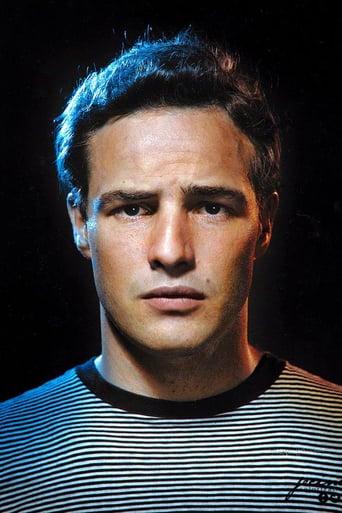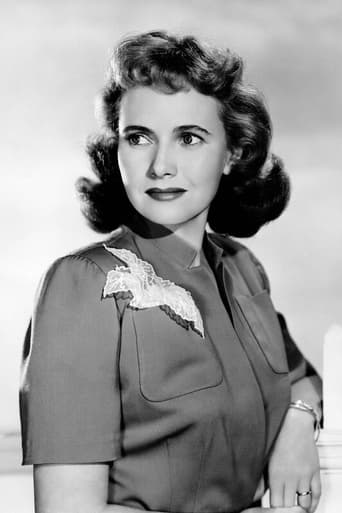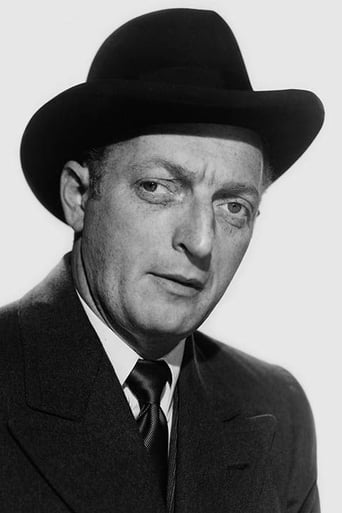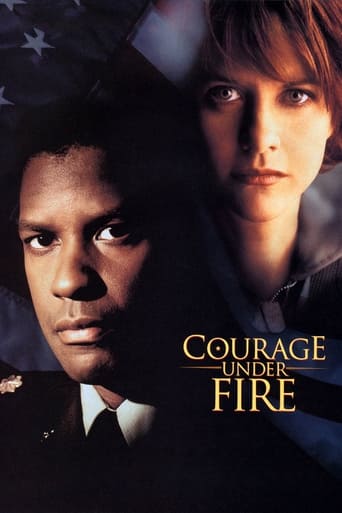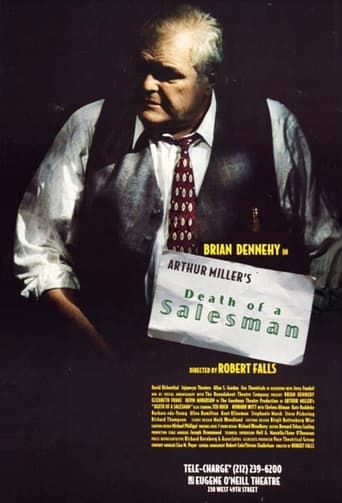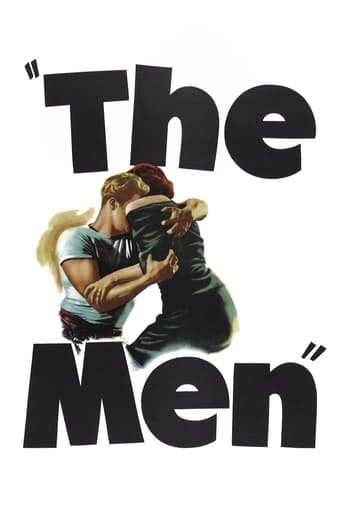

The Men (1950)
Ken, an ex-WWII GI, returns home after he's paralyzed in battle. Residing in the paraplegic ward of a veteran's hospital and embittered by his condition, he refuses to see his fiancée and sinks into a solitary world of hatred and hostility. Head physician, Dr. Brock cajoles the withdrawn Ken into the life of the ward, where fellow patients Norm, Leo and Angel begin to pull him out of his spiritual dilemma.
Watch Trailer
Cast
Similar titles
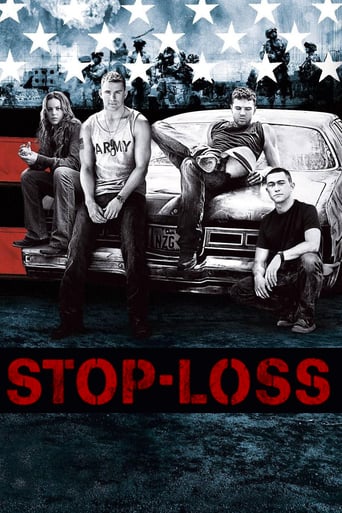
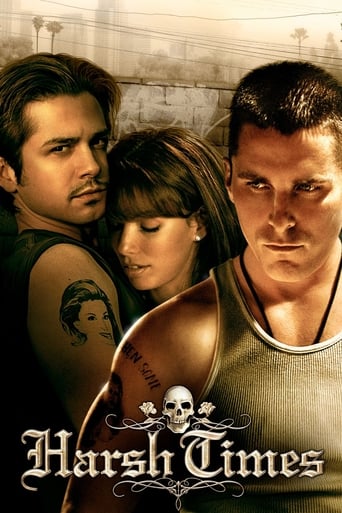
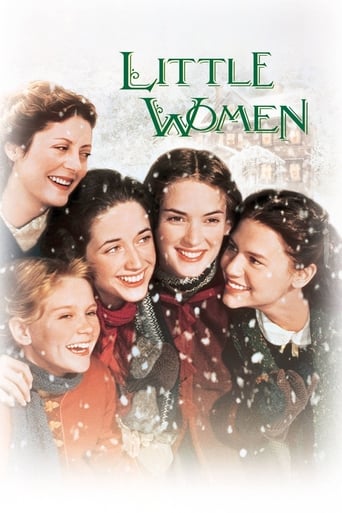
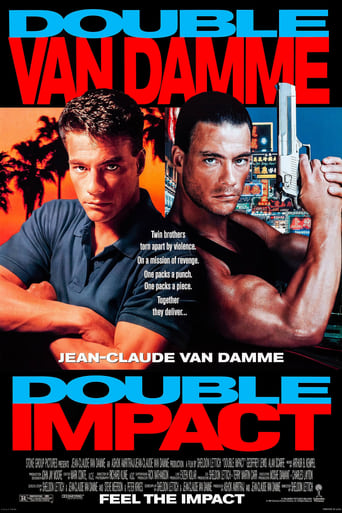
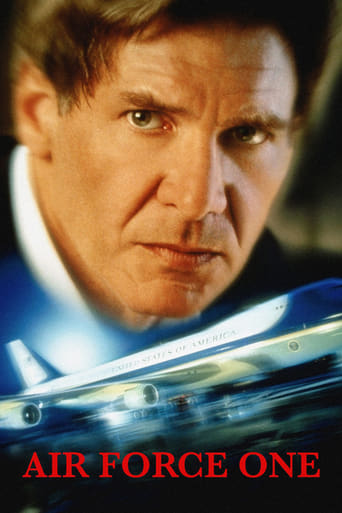
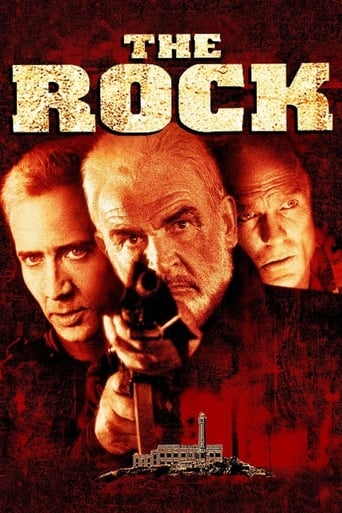
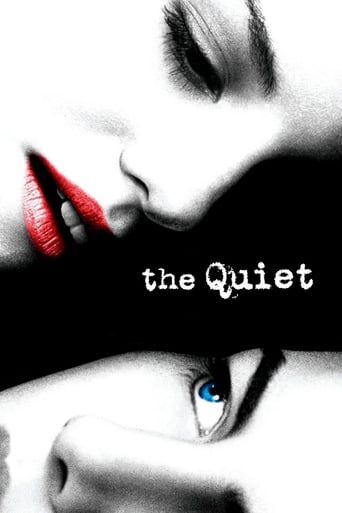
Reviews
Powerful
It is a performances centric movie
This is a tender, generous movie that likes its characters and presents them as real people, full of flaws and strengths.
Worth seeing just to witness how winsome it is.
Few actors were better at quiet smoldering than Brando. That talent suits him well as a WWII paraplegic having to make a lifetime adjustment. Human interest prevails over plot as we watch VA hospital paraplegics deal with a future of useless legs. The material could easily have turned sappy and sentimental. Fortunately, both the canny screenplay and calibrated performances keep excesses from bleeding in.Producer Kramer was known for his "message" movies, and this is one of them. Coming when it did, 1950, I'm sure the message—that life is worth living if effort is made—was especially topical, and still is. Brando's Bud is having a particularly rough time, even with what seems a devoted girlfriend (Wright). She wants to marry him, but he's understandably skeptical—can she really make a lifetime adjustment to his dependency. I like the way the problem of potency is handled. In a nicely finessed scene, the doctor (Sloane) explains to Ellen that there are no guarantees given the nature of his injury. Thus we don't know if there will be children should they marry.Of course, Hollywood being Hollywood, the somber themes get comic relief, this time from a wise- cracking Leo (Erdman), who's never short of something to say. Actor Erdman was a specialist in this kind of role, and a particularly fortunate choice. Then too, for a viewer like me, seeing Dragnet's Jack Webb here comes as a revelation after his emotionally frozen Sgt. Friday. Webb shows his chops by running Norm's gamut of emotions in unexpectedly affecting style. And catch that extended opening scene where authoritative Dr. Brock (Sloane) explains the facts of paraplegic life in detail. It's apparently directed at his audience of wheelchair vets, but is really directed at movie audiences, many of whom, I suspect, were dealing with similar post-war realities.I guess my only reservation is with Ellen's sudden turn-around after the marriage. We really haven't been prepared for her abrupt change of heart, and thus it comes across more like a contrivance than a character development. Anyway, the 80-minutes amounts to an auspicious debut for what would soon be the country's most celebrated actor. And if the movie amounts to a message movie, the message is very well done, and remains relevant for our own stressed time.
Much has already been said about this being Marlon Brando's screen debut (and some debut it is). But this film is more than Brando. Its success depends largely on his interaction with his costars-- especially the lovely Teresa Wright.There is a moment when Brando's paraplegic character pulls up outside his and Wright's new home. He comes up the sidewalk in his wheelchair and she takes him inside. We learn that despite all his resistance, he has realized that they belong together and can share a place together and enjoy married life. It may have a sentimental feel to it, but these actors play it very realistically. They deftly combine volatility and vulnerability. And while the title may suggest the focus is on only one sex, it is a story for both.
In the cinema of the late 40s and 50s, you can see Hollywood in conflict between old and new. You still had the crusty old producers who had been around since the beginning and directors who cut their teeth in the silent days, but you also had up-and-comers who wanted to tear up the rulebook and do things their way. Although they sometimes had to give ground to the new generation out of practicality, the studios weren't yet ready to give these young sprouts free reign, and to be fair few of these young filmmakers weren't yet ready to take it.The Men was the first collaboration between writer Carl Foreman, producer Stanley Kramer and director Fred Zinnemann. The production does have the feel of a new and relatively young team, being idealistic, earnest and a little naïve. Foreman's screenplay is sensitive, poignant and tightly structured, but it falls short when it comes to convincing dialogue and deep characterisation. It's a best-intentions story, one that probably came a little too late for the zeitgeist of post-war adjustment pictures. After all, it doesn't really say much that hadn't already been said more eloquently in Best Years of Our Lives.The strongest link of the creative team is Zinnemann, who was also the most experienced. People often make reference with these pictures to Zinnemann's background in the documentary unit at MGM, but for the wrong reasons. In spite of his seemingly getting pigeonholed as a director of topical pictures, he didn't take the rough, journalistic approach of the neo-realists. Those MGM miniatures he used to make were largely made up of reconstructions, and relied upon the director's ability to fake real events. And, perhaps surprisingly the aim was not always to be totally realistic – it was more important to give an impression of a real place and situation. Consequently, Zinnemann always takes care over background detail and extras – for example the earliest shots in the hospital ward bustle with activity and are cluttered with medical paraphernalia.But Zinnemann was also developing as a dramatic director. Zinnemann's earliest pictures were sometimes spoiled by their being overly technical; he would use space and lighting to saturate a scene in a particular mood, which again is a documentary technique. Now however he does the same thing to help define the story. Those very busy shot compositions in the hospital are great for setting the scene, but at key moments Zinnemann carefully chooses his angles so that characters are framed against simpler backgrounds. As the story begins to develop he increasingly uses low-level lighting and keeps fewer people in the shot at a time, to literally bring the characters out of the mass.By far the best thing though about The Men is the presence of Marlon Brando in the lead role. Yes, his acting is very modern, arguably groundbreaking, but what is most astonishing is how confident, how seamless his performance is for such a young and inexperienced player. What is great about it is that he is playing the kind of man who does not like expressing his emotions, yet is going through a heart-wrenching ordeal, and in line with that he conveys depths of emotion with incredible subtlety and restraint. Unfortunately Brando is in constant competition with the musical score, which is overly emotive and annoyingly conspicuous, even by the standards of the day.Brando may have begun his film career with a first-class performance, but the weakness of the script and the general uncertainty of the whole production meant he didn't get the attention and Oscar nods until his appearance in A Streetcar Named Desire the following year. The Men has many great elements, but overall has the feeling of a student production, made by people who need to spend a few more years studying.
Best known today as Marlon Brando's film debut, this is a decent, solid film dealing with the touchy subject of paralysed WW2 veterans and their attempts to recover, both physically and emotionally. Brando is one of these veterans and he pushes his fiancé Ellen (Teresa Wright) away, thinking she only pities his situation, and does not truly love and care for him. Brando's debut is strong; it's no "Streetcar" or "Waterfront", but it is a good performance. Fred Zinnemann directed this film, which means the visual style is very flat and uninteresting. His direction is just boring. The more I see of Zinnemman, the more I dislike. I love "From Here To Eternity", but that's because the performances are excellent and the Pearl Harbour plot (taken from the novel) is an example of how to do soapy melodrama well. But I hated "High Noon". Teresa Wright also turns in decent work as Brando's loyal fiancé, although she already looks mousy. Jack Webb is also fine in support but Everett Sloane's performance as the doctor is pushy and overdone. I liked the film best in it's quieter, less "dramatic" moments, where the screeching score didn't take over.
